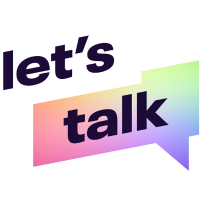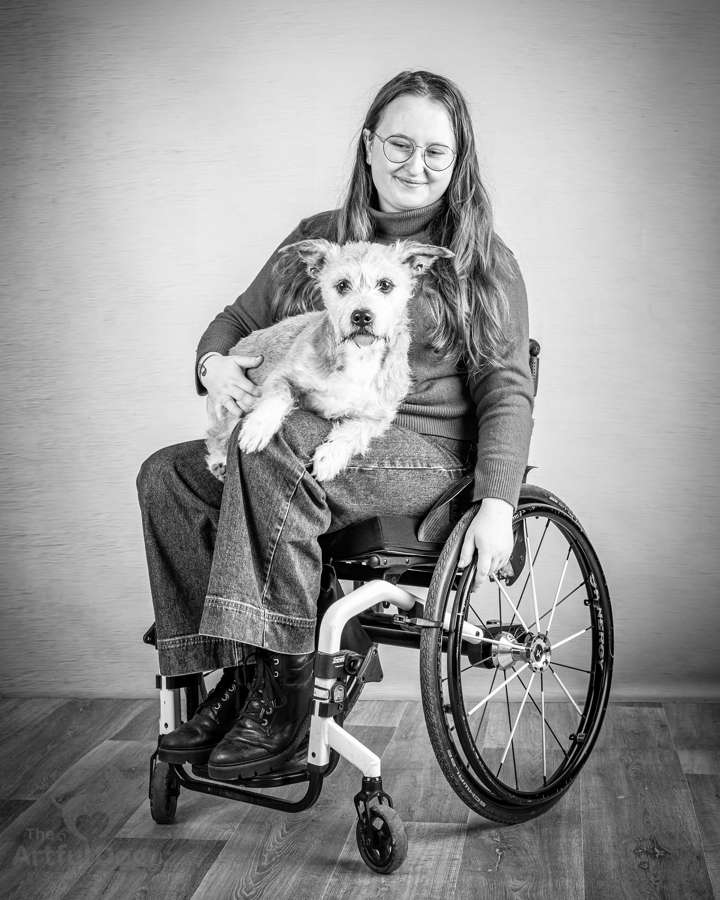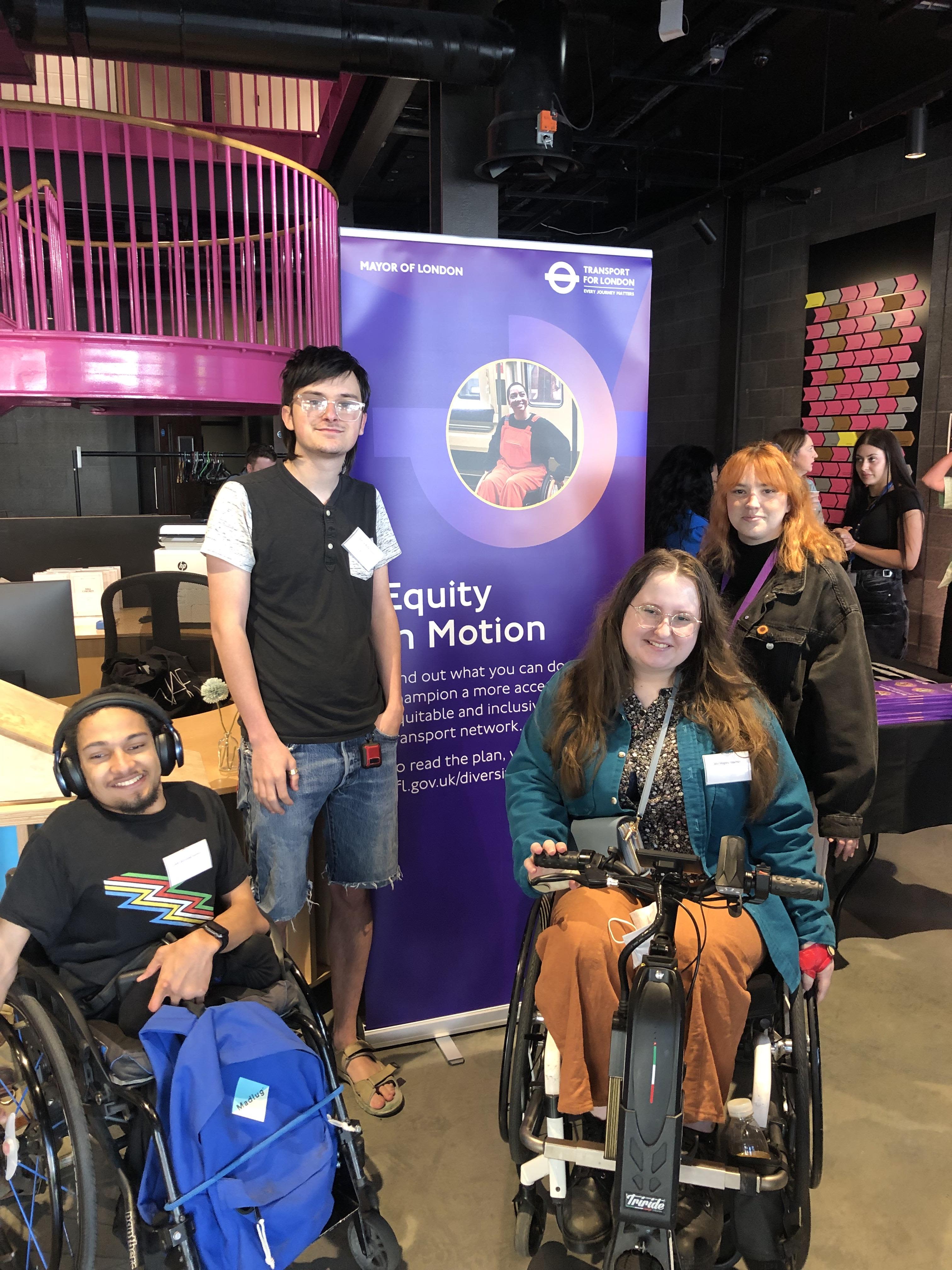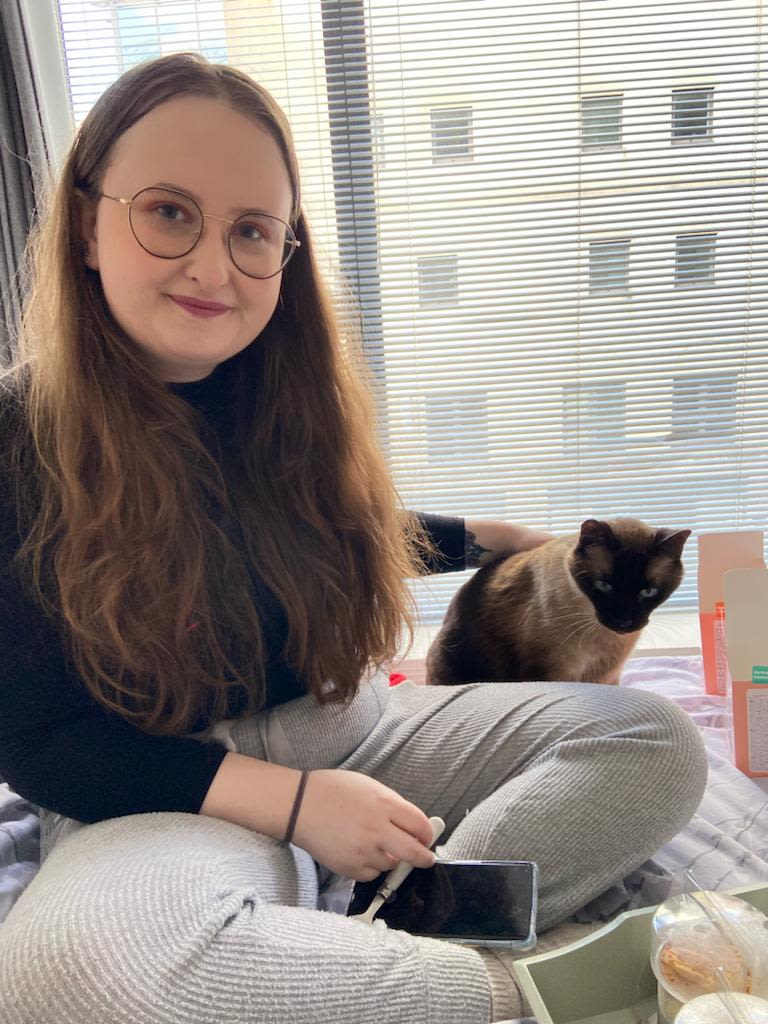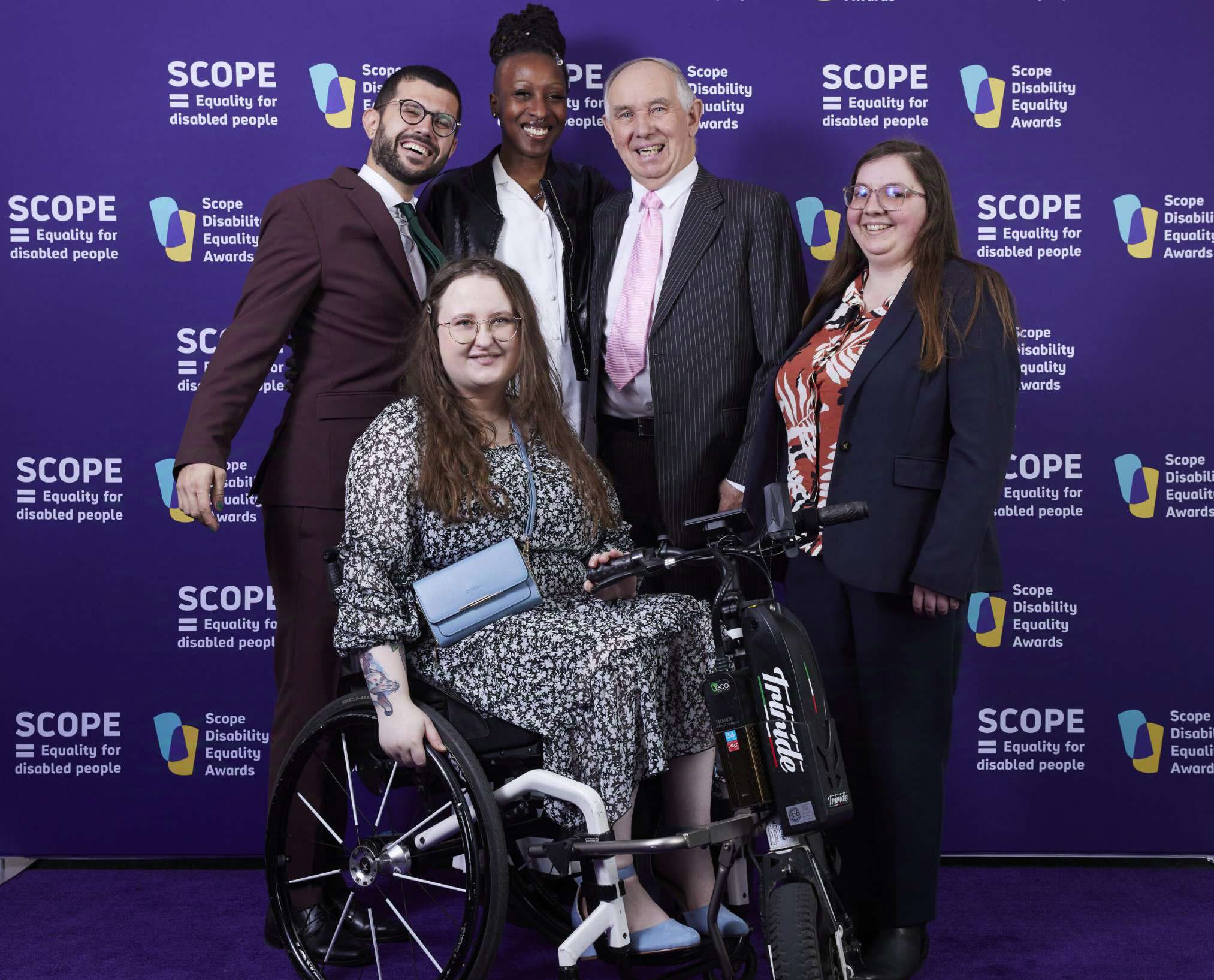Let’s Talk: Disability
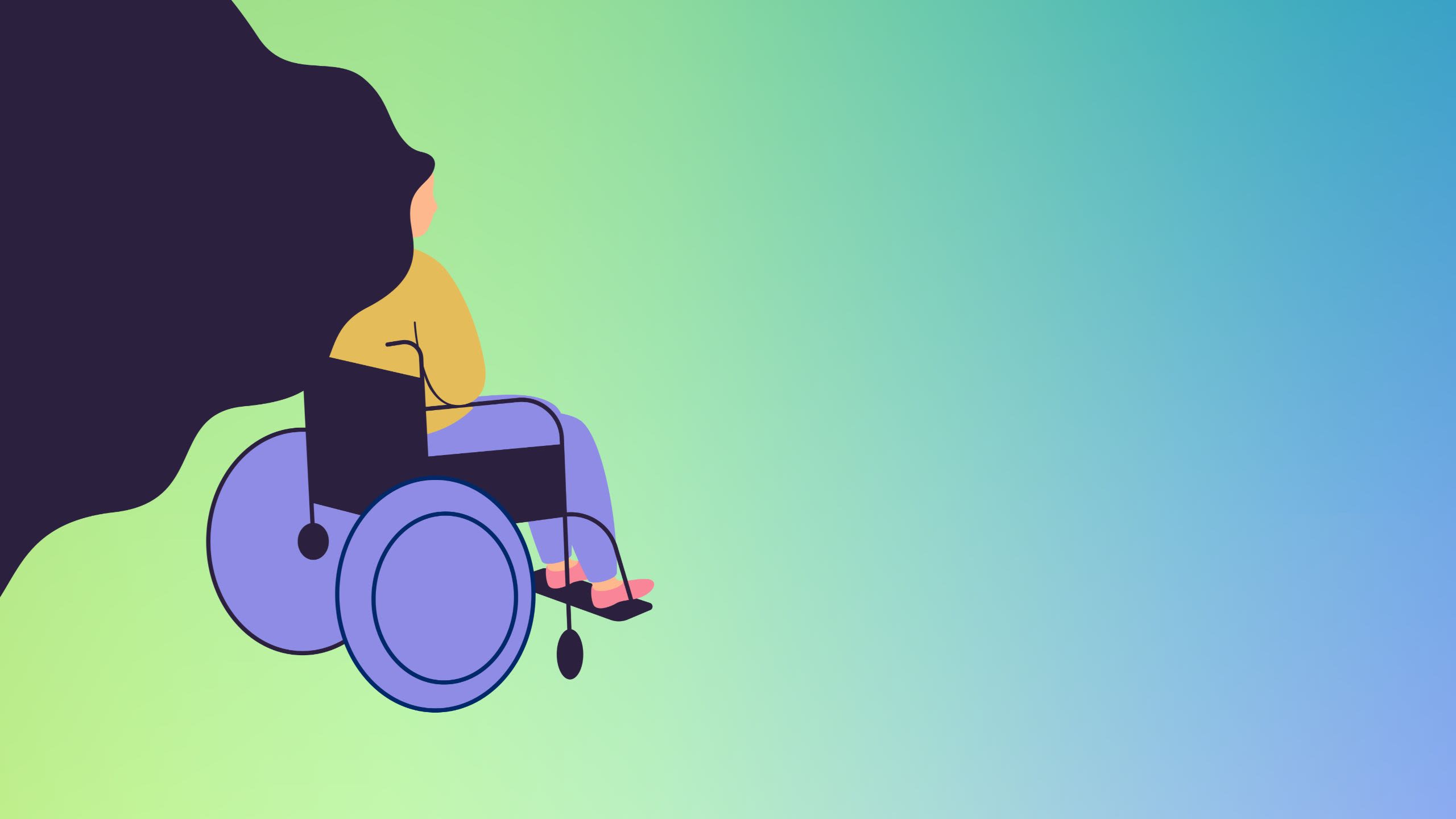
Abi Hayes is a Biochemistry undergraduate student and disability activist at the University of Surrey. Abi, who helped establish the University’s first ever Disability and Neurodivergence Awareness Month, shares the highs and lows of life as a disabled student.
I have a lot of health conditions which impact me in various ways; they fluctuate, meaning I don’t know how I will be from one hour to the next. My disabilities are also energy-limiting, giving me a very limited amount of time in a day that I can do anything. I also have spinal fluid leaking out of my spine, which means daily tasks, such as eating breakfast, brushing my teeth and getting dressed, are incredibly challenging.
I spend most of my day in bed laying down and I have carers who come in frequently to give me lots of support. I have a massive drive to complete a degree that I love, and this has been a real force to push through all of the barriers and accessibility issues I have faced.
Due to all of my health issues I have needed a lot of accommodations, such as having recorded lectures, moving my in-person drop-ins online and alternative assessments for coursework or exams.
I deserve the opportunity to pursue my passions, but without correct support and accommodations it can be the difference between having my own autonomy and not.
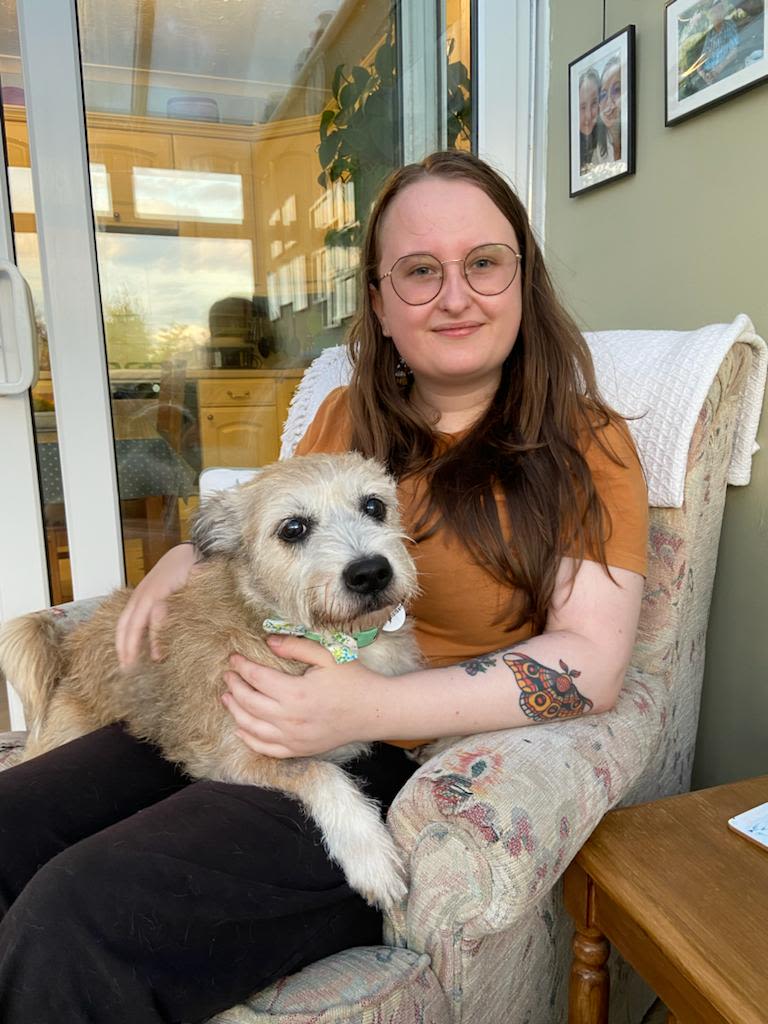
Unfortunately, my disabilities are often hidden, poorly understood and usually have lots of biases against them. Getting the accommodations, diagnoses, help and understanding I needed has been quite a process and a challenge. I can look very young and fit and well but be incredibly poorly at the same time.
It is often a daily battle. Every time I must put myself in that vulnerable position of asking for the basic things that help you live your life just like everyone else. For example, explaining to a shop owner why having a ramp would be beneficial. It can be very emotionally draining, especially when people do not understand or are outright critical and dismissive. Lots of disabled people struggle with trauma around this, and it can be a highly emotional situation when an accommodation isn’t met, such as when a lecturer refuses to record a lecture for you that you need to complete your course.
I did have to fight for some accommodations and have had to educate people for the need for accessibility, both on campus and elsewhere, such as convincing the bus driver to put the ramp down on the bus or putting up with comments from members of the public as I go about my day.
There have been so many wonderful people who have gone above and beyond to help me, but despite the tremendous strides made regarding disability and accessibility, there are still barriers which is why our education and campaigning needs to continue.
Before I joined the University I was introduced to Christopher Steer from the Disability and Neuroinclusion (D&N) team. He was able to provide some accommodations automatically. Chris also helped me secure University funding for a power aid (which turns a manual wheelchair into a power wheelchair). Without the power aid, I wouldn’t have been able to leave my accommodation in first year.
I initially started my course full-time, but my health quickly deteriorated. I was incredibly drained and exhausted, and all of my health conditions flared up badly. I was on a downward spiral with my health, so I decided I needed to change to part-time study.
I had a lot of support from the D&N department and the disability lead for the course. By splitting my course up and allowing me to do my course remotely with lots of flexibility around deadlines and exams, this would be the best way to complete my course to the best of my ability.
Abi at the Scope Awards. Photo credit: Instagram @richiehopsonphoto
Abi at the Scope Awards. Photo credit: Instagram @richiehopsonphoto
I started collaborating with Scope, a disability charity, in 2023, where I was looking at my career progression as a disability activist and I am now an elected member of the charity’s young members’ assembly. My work with Scope has led to many opportunities for advocacy and activism and we are even going to Parliament later this year to campaign for disabled rights.
It has also led to the University’s first Disability and Neurodivergence Awareness Month. After attending an EDI drop-in session for Biosciences last year, I contacted EDI Manager Jo McCarthy-Holland and together we came up with the idea to create an awareness month. We initially thought of just involving one or two charities to conduct webinars or training around disability but, the event bloomed into something bigger than we could have imagined with more than 20 events packed into the month.
It has been such a wonderful experience, seeing collaboration across the University and a passion for disability and neurodiversity awareness, support, accommodations, and celebration. It has been really encouraging and I want this energy and enthusiasm to continue into next year. I hope reading this has made you realise that there are lots of people who are very passionate about accessibility and inclusion and that disabled people have lots to give and want to live their lives just as everyone else does.

